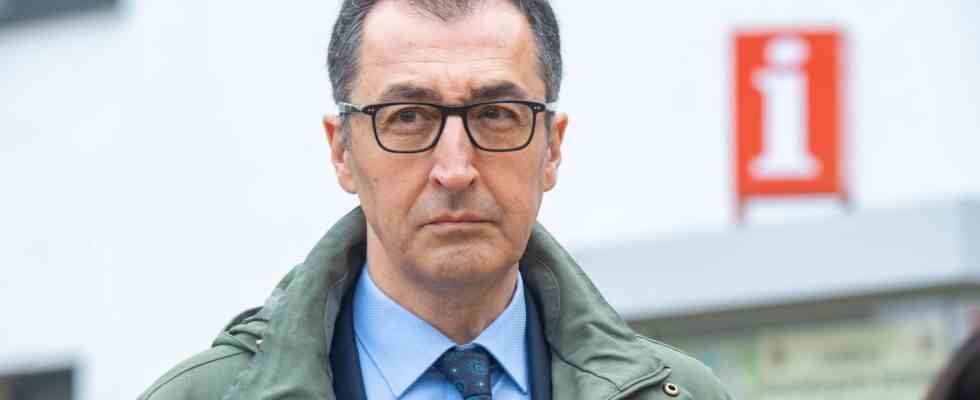Status: 04/27/2022 12:10 p.m
Climate crisis, environmental damage, insect deaths: Minister of Agriculture Özdemir wants to put agriculture on course for sustainability. But because of the crop failures in the wake of the Ukraine war, the reform plans have come under criticism.
So now the Ukraine war and the threat of grain crop failures. Agricultural policy is already under pressure anyway: the climate crisis, environmental damage, insect mortality – all factors why agriculture in Germany should change and, above all, become more sustainable.
But the course for more sustainability is suddenly under criticism: The agricultural policy spokesman for the Union, Albert Stegemann, complains that some areas in the EU should no longer be cultivated from next year: “Of course that’s a joke. We can in a shortage situation , where it is about the security of the food situation for the German and European population, of course not set aside four percent of the productive areas.”
Özdemir holds against it
We can, says the Green Federal Minister of Agriculture. Cem Özdemir objects that Germany and Europe produce more grain than they consume themselves. The shutdowns hardly play a role for him. If you convert the area in question, it’s in the zero-point range compared to the world’s grain production.
Kai Niebert, President of the German Nature Conservation Association and member of the Commission for the Future of Agriculture, takes a similar view. “At the moment, a third of German fields are only used for food production. Another third is available for energy production and another third for the production of animal feed for pigs for chickens for cattle,” he calculates.
60 billion a year for environmental damage
Conclusion: Significantly more grain could already be produced today, for example for bread, if the land were used differently. In the Commission for the Future of Agriculture, a kind of round table with all interest groups, they calculated: The costs of intensive agriculture are enormous: 60 billion euros for environmental damage per year. Therefore, for financial reasons, things cannot go on as before.
Joachim Rukwied from the German Farmers’ Association says, on the one hand, that his association stands by the transformation process as decided by the commission. On the other hand: “The geopolitical situation has changed, there are supply bottlenecks, especially in North Africa, and as German farmers we offer to help reduce supply bottlenecks.”
The question is whether this happens at the expense of energy crops and animal feed production or at the expense of flower strips and fallow land. And whether Federal Minister of Agriculture Özdemir can stick to his sustainability course or not also depends on whether he finds enough allies.
Özdemir and his fight against an agricultural rollback
Uwe Jahn, ARD Berlin, April 26, 2022 2:06 p.m

